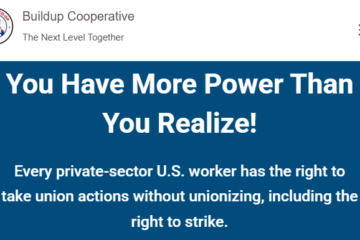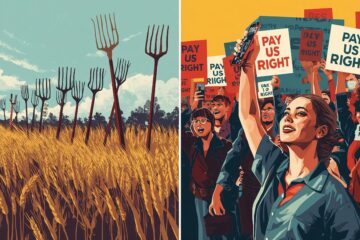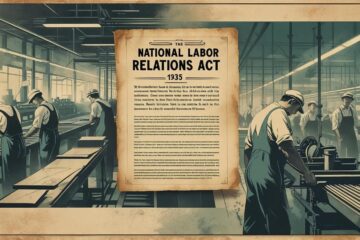SharkTank Proposal for BuildUp Cooperative & Pay-Maker App
The On-Demand Union Revolution THE PROBLEM America’s workers are under attack: “When my entire senior tech team was laid off and our jobs sent overseas, I realized the system was broken.” THE SOLUTION: PAY-MAKER The first On-Demand Union platform that: “Think of it as ‘Uber for workplace organizing’ – available Read more







